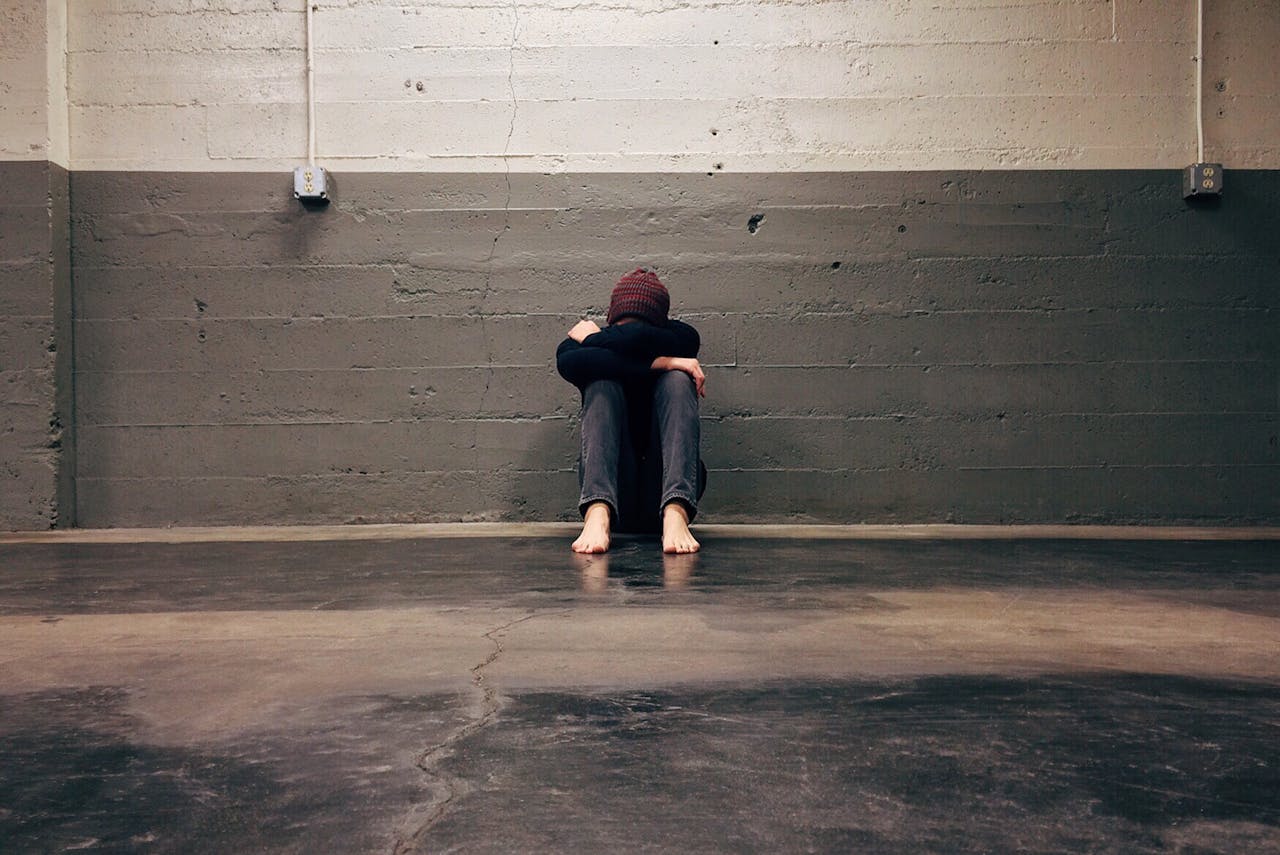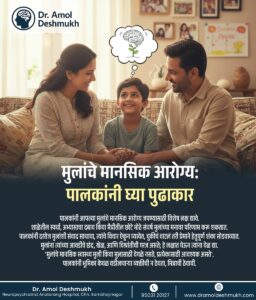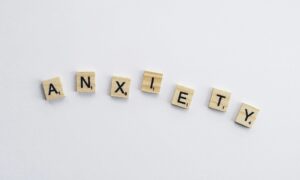By Dr. Amol Deshmukh – Consultant Psychiatrist & Neuropsychiatrist
Anxiety is more than just feeling nervous before an exam or a big meeting. It can silently affect your thoughts, emotions, and physical well-being every single day—often without you realizing it. While occasional worry is a part of life, ongoing anxiety may be a sign that something deeper is going on.
Here are five signs that you might be struggling with anxiety:
- Constant Overthinking and Worry
Do you find yourself constantly imagining worst-case scenarios? Worrying excessively about things that others seem to brush off easily? Overthinking even small decisions and feeling unable to “switch off” your mind is a hallmark of anxiety. This persistent mental chatter can lead to mental exhaustion and even sleep disturbances. - Physical Symptoms With No Clear Cause
Anxiety doesn’t just affect your mind—it also shows up in your body. You may experience:
A racing heart
Shortness of breath
Stomach issues (like acidity or nausea)
Sweating or trembling
These symptoms can often be mistaken for other conditions, but if they persist and worsen under stress, anxiety could be the root cause.
- Avoiding Certain Situations or People
If you often say no to social invitations, public speaking, or situations that trigger nervousness, it might not just be shyness. Avoidance is the brain’s way of protecting you from perceived danger—but when it interferes with daily life, relationships, or career, it’s time to pay attention. - Irritability and Restlessness
Anxiety can make you feel “on edge” or easily frustrated. You may snap at loved ones or struggle to sit still and relax. If you’re constantly feeling tense or restless without knowing why, it may be anxiety expressing itself emotionally. - Sleep Issues
Struggling to fall asleep or waking up in the middle of the night with racing thoughts? Sleep disruptions are a common sign of anxiety. Even if you manage to sleep, you might wake up feeling unrefreshed or tired throughout the day.
When to Seek Help
If you relate to any of these signs and they’ve been affecting your daily life, you are not alone—and you don’t have to suffer in silence. Anxiety is highly treatable through therapy, medication, or a combination of both. The earlier you address it, the better your outcome.
As a neuropsychiatrist, I work with individuals facing all forms of anxiety, helping them understand their condition and guiding them toward recovery. Reaching out is a sign of strength, not weakness.
Take the First Step
If you or someone you know might be struggling with anxiety, don’t hesitate to seek professional guidance. Feel free to book a consultation or DM us on Instagram/Facebook for more information.
📍 Antrang hospital, Kranti chauk, Chha. Sambhajinagar
🌐 Website: dramoldeshmukh.com




